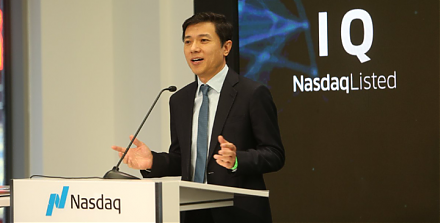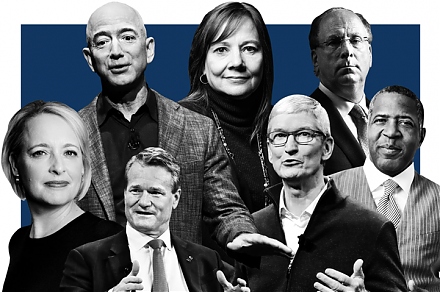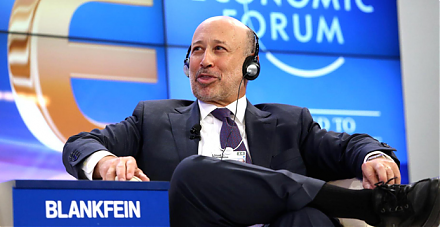

2019-07-27 17:37:00 Sat ET
stock market gold oil stock return s&p 500 asset market stabilization asset price fluctuations stocks bonds currencies commodities funds term spreads credit spreads fair value spreads asset investments
Capital gravitates toward key profitable mutual funds until the marginal asset return equilibrates near the core stock market benchmark. As Stanford finance professor Jonathan Berk suggests, capital flows equilibrate persistent mutual fund returns relative to the stock market benchmarks. Since investors first direct capital to the best active mutual fund managers, these fund managers receive so much money that it affects their ability to generate superior returns. The average return declines to fit the average return for the second-best fund managers. At this stage, investors become indifferent to investing with the first-best and second-best fund managers, so capital flows equilibrate until their average return declines to match the average return for the third-best fund managers.
This process continues until the average return of investing in most active mutual funds declines to match the stock market benchmark. Capital flows can thus reflect persistent asset returns in the transition toward the dynamic equilibrium outcome. Only high-skill fund managers can consistently earn superior average returns when numerous fund managers compete for scarce capital flows. The rationale suggests that investors who choose to invest with active fund managers cannot expect to receive positive excess returns after we apply appropriate risk and fee adjustments.
If any of our AYA Analytica financial health memos (FHM), blog posts, ebooks, newsletters, and notifications etc, or any other form of online content curation, involves potential copyright concerns, please feel free to contact us at service@ayafintech.network so that we can remove relevant content in response to any such request within a reasonable time frame.
2019-01-02 06:28:00 Wednesday ET

New York Fed CEO John Williams listens to sharp share price declines as part of the data-dependent interest rate policy. The Federal Reserve can respond to
2017-09-25 09:42:00 Monday ET

President Trump has allowed most JFK files to be released to the general public. This batch of documents reveals many details of the assassination of Presid
2025-10-11 14:33:00 Saturday ET

Stock Synopsis: With a new Python program, we use, adapt, apply, and leverage each of the mainstream Gemini Gen AI models to conduct this comprehensive fund
2018-11-01 08:36:00 Thursday ET

Ford and Baidu team up to test autonomous cars in China. For the next few years, Ford and Baidu plan to collaborate on the car design and user acceptance te
2019-10-23 15:39:00 Wednesday ET

American CEOs of about 200 corporations issue a joint statement in support of stakeholder value maximization. The Business Roundtable offers this statement
2017-05-31 06:36:00 Wednesday ET

The Federal Reserve rubber-stamps the positive conclusion that all of the 34 major banks pass their annual CCAR macro stress tests for the first time since